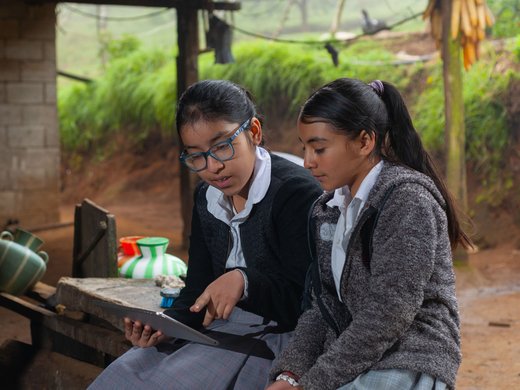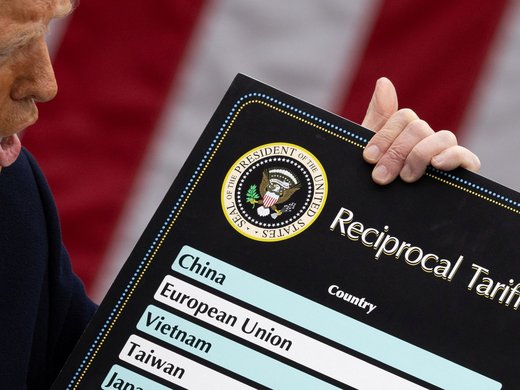Event Speakers
Anastassia Beliakova is head of trade policy at the British Chambers of Commerce, devising and advocating policy positions on the United Kingdom’s exit from the European Union and international trade relations, as well as export support for businesses.
Arancha González is the executive director of the International Trade Centre. An expert in international trade and development, she has previously held leading positions at the World Trade Organization and the European Commission. In 2015, she launched the “SheTrades” initiative, seeking to connect one million women entrepreneurs to markets by 2020.
Cherise Valles is deputy director at the Advisory Centre on World Trade Organization Law (ACWL).
Julia Seiermann is an economist in the United Nations Conference on Trade and Development Trade Analysis Branch, where she works on international trade, trade policy and their links to different aspects of sustainable development.
Former Research Fellow, ILRP
Marzia Fontana is a development economist with special research interests in gender inequalities, international trade, labour markets and unpaid work. She currently works as an independent researcher based in Brighton, United Kingdom.
Nursel Aydiner-Avsar is an economist in the Trade, Gender and Development Programme of the United Nations Conference on Trade and Development in Geneva, Switzerland. She worked for a project on trade and gender in the East African Community and is the lead author of a report titled East African Community Regional Integration: Trade and Gender Implications.
Simonetta Zarrilli is chief of the Trade, Gender and Development Programme of the United Nations Conference on Trade and Development (UNCTAD) and the organization’s Gender Focal Point. Under her guidance, the program provides analytical and policy support to UNCTAD member countries on the gender implications of trade policy and trains academics, policy makers and civil society representatives on trade, gender and development issues.
Stephanie is a trade policy consultant, associate director of the New Zealand International Business Forum and a policy adviser to the New Zealand members of the Asia-Pacific Economic Cooperation Business Advisory Council. She is also co-founder of a business offering executive education in trade policy.
Stephen de Boer joined Global Affairs Canada in 2005 and has held various positions in the department, including in the Investment Trade Policy and North America Trade Policy Divisions.
Susan Baka is a communications specialist from Toronto, Canada; an authority on international trade, women’s entrepreneurship and diversity; and a prolific writer and speaker. She works with financial institutions, governments and organizations to help companies go global. Susan is also the regional representative (Ontario) for the Trade Facilitation Office Canada, which helps exporters from developing countries find linkages and buyers in the Canadian market.
Susana Malcorra was Argentina’s minister of foreign affairs and worship until July 2017. After her resignation as foreign minister, she became minister advisor to the president until December 2017, presiding over the eleventh WTO Ministerial Conference held in Buenos Aires.
Valerie Hughes is a senior fellow at CIGI, senior counsel with Bennett Jones LLP and adjunct assistant professor in the Faculty of Law at Queen’s University.


